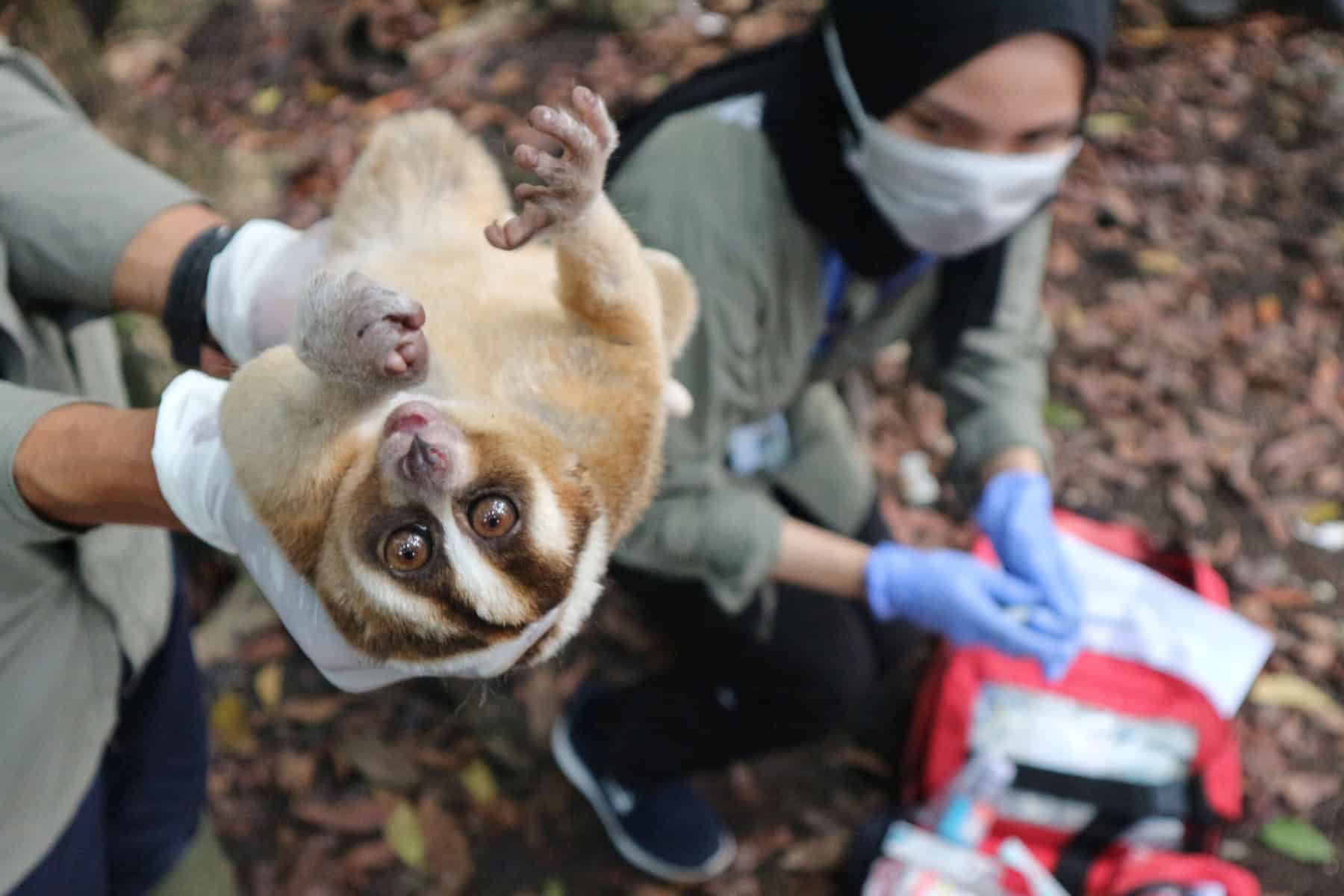The Endangered Wildlife Trust says illegal plant and animal trafficking is driving rare species to near extinction.

As the effects of the illegal trade in wildlife are becoming more evident, the Endangered Wildlife Trust (EWT) has moved to strengthen its efforts to address this scourge.
Wildlife crime is not limited to large charismatic species such as the rhino.
Smaller species under siege
It is contributing to the decimation of succulents and other ornamental plant species, as well as smaller animals, such as tortoises, geckos, sungazers and armadillo girdled lizards, snakes and spiders.
“The stripping of our natural environment for financial gain has become one of the most lucrative international organised crimes run by syndicates whose activities threaten entire ecosystems. Thus, the EWTs focus on addressing these crimes,” says EWT CEO Yolan Friedmann.
A 2016 UN Environment Programme-Interpol Rapid Assessment Report, The Rise of Environmental Crime, concludes that the illegal trade in wildlife is estimated to be worth up to $20 billion (about R345 billion) a year.
It adds that the value of the illegal wildlife trade is now dwarfed by larger crimes against the environment, including trafficking in waste and chemicals, illegal fishing and logging, and the illegal exploitation and sale of gold and other minerals.
Succulent Karoo biodiversity under threat
A report by Carina Bruwer states that the Succulent Karoo’s biodiversity is in decline as human activities threaten species and habitats.
In addition to climate change and land degradation through mining and farming practices, succulent fortune seekers are stripping away biodiversity to supply international markets with rare plants.
ALSO READ: Notorious South African wildlife criminal’s dubious pursuit of hunting permit in Botswana
The report on safeguarding South Africa’s illegally traded succulents found that by November 2023, more than 1 million succulent plants from over 650 species had been seized by authorities.
Millions more have likely been successfully exported. As a result, multiple succulent populations have rapidly declined and many have been driven to near extinction by illegal harvesting.
The world’s most diverse succulent hotspot
The Succulent Karoo, spanning the Western, Eastern and Northern Cape, is the most diverse succulent hotspot in the world and is under significant threat from persistent illegal harvesting of endemic succulent plants that are prized by collectors in Asia and Europe.
It is home to more than 6 000 succulent species, of which about 40% are endemic. These plants are small and inconspicuous and can be easily hidden in parcels and transported by road and air.
Harvesters use legitimate supply chains, including private courier companies, to move plants to markets.
Expanding EWT’s Wildlife in Trade operations
To address these crimes, the EWTs Wildlife in Trade unit (WIT) works across the organisation’s nine strategic conservation landscapes.
Since its establishment in 2017, it has been at the forefront of preventing and combating wildlife trade-related threats across southern Africa.
“Our target is the entire illegal wildlife trade value chain. This ranges from demand for the products and harvesting thereof to the transport, distribution and use,” says Friedmann.
ALSO READ: Oscar-nominated ‘The Last Ranger’ highlights endangered rhinos and South Africa’s poaching crisis
“By example, since our very first rhino project, the EWT has championed efforts to strengthen compliance and enforcement, support sustainable legal trade and provide education and awareness of trade-threatened species.
Training, enforcement and canine interventions
“Our training courses have included wildlife product identification training, cycad training, environmental law training, criminal procedures training, permit training and law enforcement and prosecution awareness training, including of lesserknown traded species like sungazers and succulents.
“Over 1 500 compliance, law enforcement and criminal justice officers have been educated through these training courses.
“While most of WIT’s work is focused on South Africa, working hand in hand with the South African Police Service, environmental management inspectors, and the South African Revenue Service, we have also implemented projects in Botswana, Mozambique, Namibia, and Tanzania.
“In addition to working with field rangers to optimise antipoaching patrols, the EWT’s certified conservation canines have been deployed to parks, reserves and airports across South Africa and have helped to identify offenders and illegal wildlife products.
“Our dogs are in a league of their own and are among an elite few that can identify multiple wildlife products.
“Through our partnership with Pilanesberg National Park in North West, our canine team has contributed to a dramatic decrease in not only rhino poaching incidents, but also attempted incursions into the park.
“EWT-assisted interventions have included detection dogs screening vehicles at the park gates.”
NOW READ: ‘No cause for concern’ – Kruger National Park confirms anthrax cases in animals
Support Local Journalism
Add The Citizen as a Preferred Source on Google and follow us on Google News to see more of our trusted reporting in Google News and Top Stories.






